Is it safe to follow a lower carb, higher fat diet if you have a gallbladder problem?
By naturopath Margaret Jasinska
A lot of people are trying lower carbohydrate diets and ketogenic diets recently in an effort to lose weight. That makes sense because they work. A well formulated lower carb, higher fat diet can be very effective for weight loss, and it can be a balanced, healthy diet that provides all the nutrients your body needs.
But is it safe to follow this kind of diet if you have gallstones, or an inflamed gallbladder, or no gallbladder at all? This topic creates a lot of confusion and many people assume that eating more fat will make their gallbladder worse. There are a lot of myths about gallbladder conditions, and one of them is that fat is bad for the gallbladder.
Gallbladder problems are incredibly common. They often go hand in hand with liver conditions such as fatty liver, being overweight or being a diabetic, or pre-diabetic. They are also much more common in women than in men, mostly due to the effects of female hormones. Your gallbladder stores bile and concentrates it, and then releases it into the intestines whenever you’ve eaten some fat.
In the past, people with gallstones were told to follow a low fat diet. This makes sense up to a point, because if you have gallstones and eat a very oily meal, the gallbladder contractions can be very painful and can even cause a stone to move outside of the gallbladder and get stuck in your bile duct. This can cause a great deal of pain and you may even need to go to hospital. A lot of gallbladder attacks happen during the Christmas period, birthdays and other food-focused celebrations. (Is there a celebration that isn’t food focused?).
So we definitely don’t recommend you eat big meals or very oily meals if you have gallstones. However, you do need to eat some fat, because otherwise the stones can grow larger. Each time you eat some fat, your gallbladder contracts and releases bile into your intestines. That means fat has a flushing, cleansing effect on your gallbladder. If you follow a low fat diet, there will not be a great need for your gallbladder to contract; thus allowing old bile to pool inside your gallbladder. This can lead to the formation of bile sludge and eventual stones, or it can make stones that are already present grow larger. If you experience discomfort after consuming higher fat meals, taking an ox bile supplement can help to relieve that.
It is well known that losing weight very rapidly on a low fat diet can cause gallstones to get worse, and it can even cause new gallstones to grow. A small study involving 51 obese people showed the negative effects of a low fat diet well. The participants were all placed on a very low fat diet and had their gallbladder examined before the commencement of the study, then one month later and two months later. After one month, four people developed new gallstones. At the two month mark, 13 people developed new gallstones, and in fact three individuals needed to have their gallbladder removed during the study!
Minimising your intake of carbohydrate rich foods will help to improve the health of your gallbladder for a number of reasons. Any excess carbohydrate you’ve eaten that you haven’t used for energy will be converted into fat inside your liver, and much of it will end up in your gallbladder in bile. This is especially true if you are insulin resistant, have type 2 diabetes or polycystic ovarian syndrome. People with these conditions usually have high blood triglycerides, a fatty liver and an increased risk of gallstones.
Another problem with carbohydrate rich foods is that gluten can reduce the ability of the gallbladder to contract in some individuals. This means it won’t empty itself fully, and this also raises the risk of bile sludge and stone formation. People with coeliac disease are at increased risk of gallbladder problems.
So what is the best diet to follow if you have a gallbladder problem but want to lose weight? A diet that is lower in carbohydrate, higher in healthy, natural fats, with adequate protein at each meal. For more information see our book Save Your Gallbladder, and what to do if you’ve already lost it. The ingredients in Livatone Plus help to enhance bile secretion and support gallbladder health.


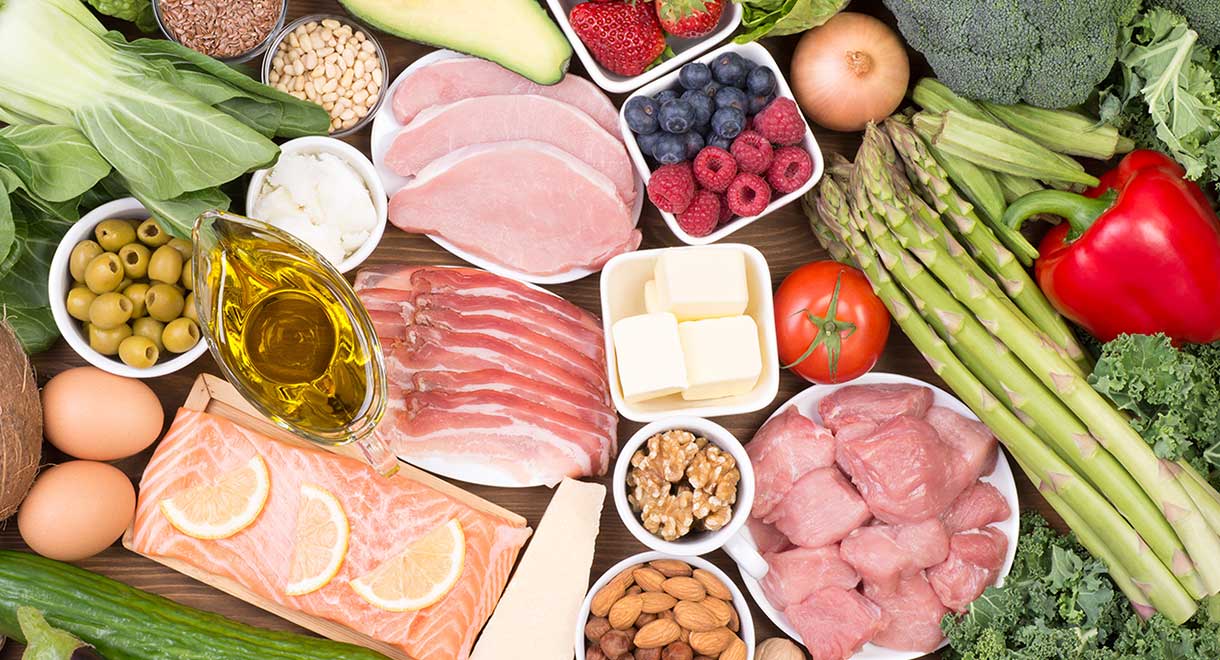

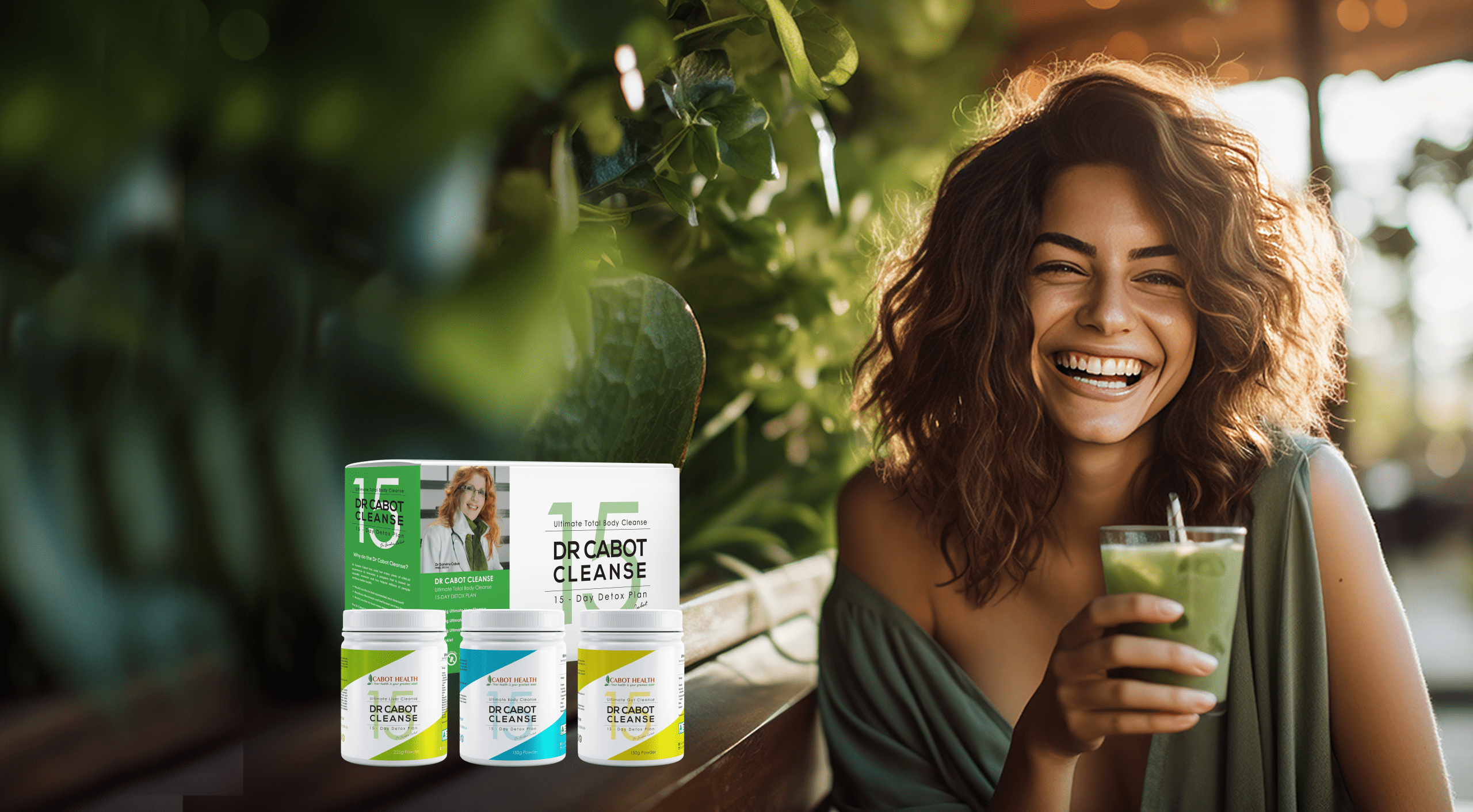
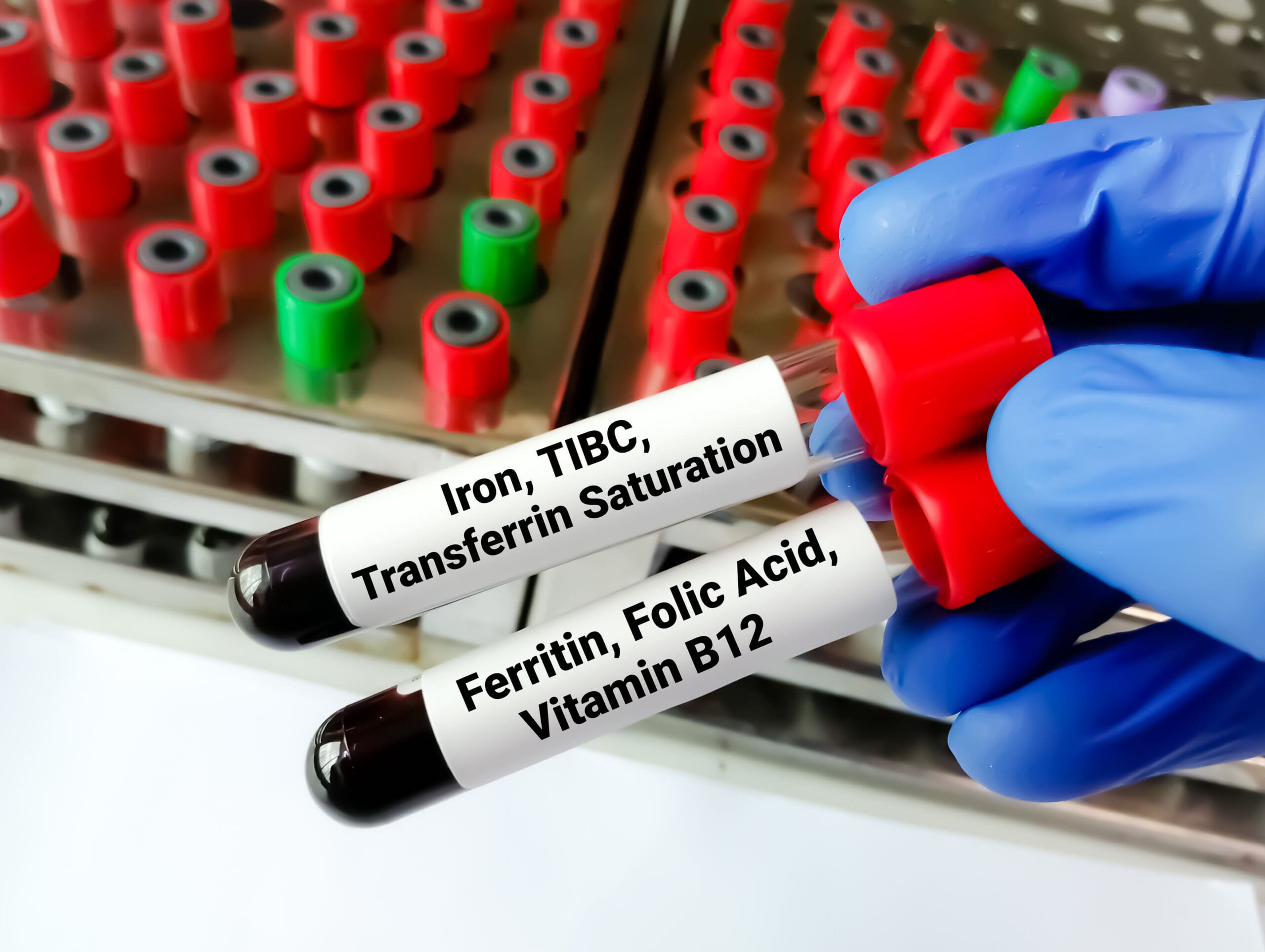
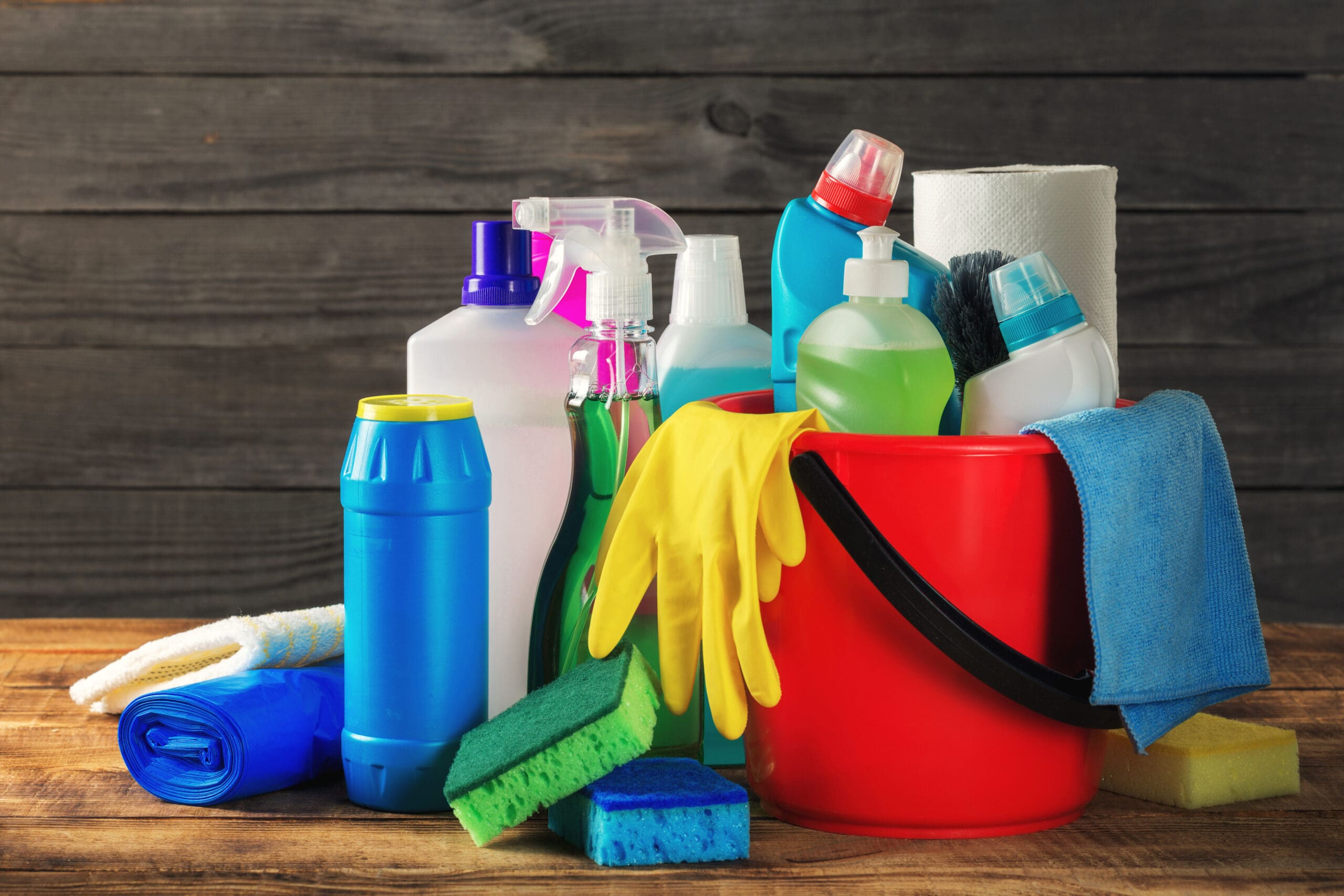
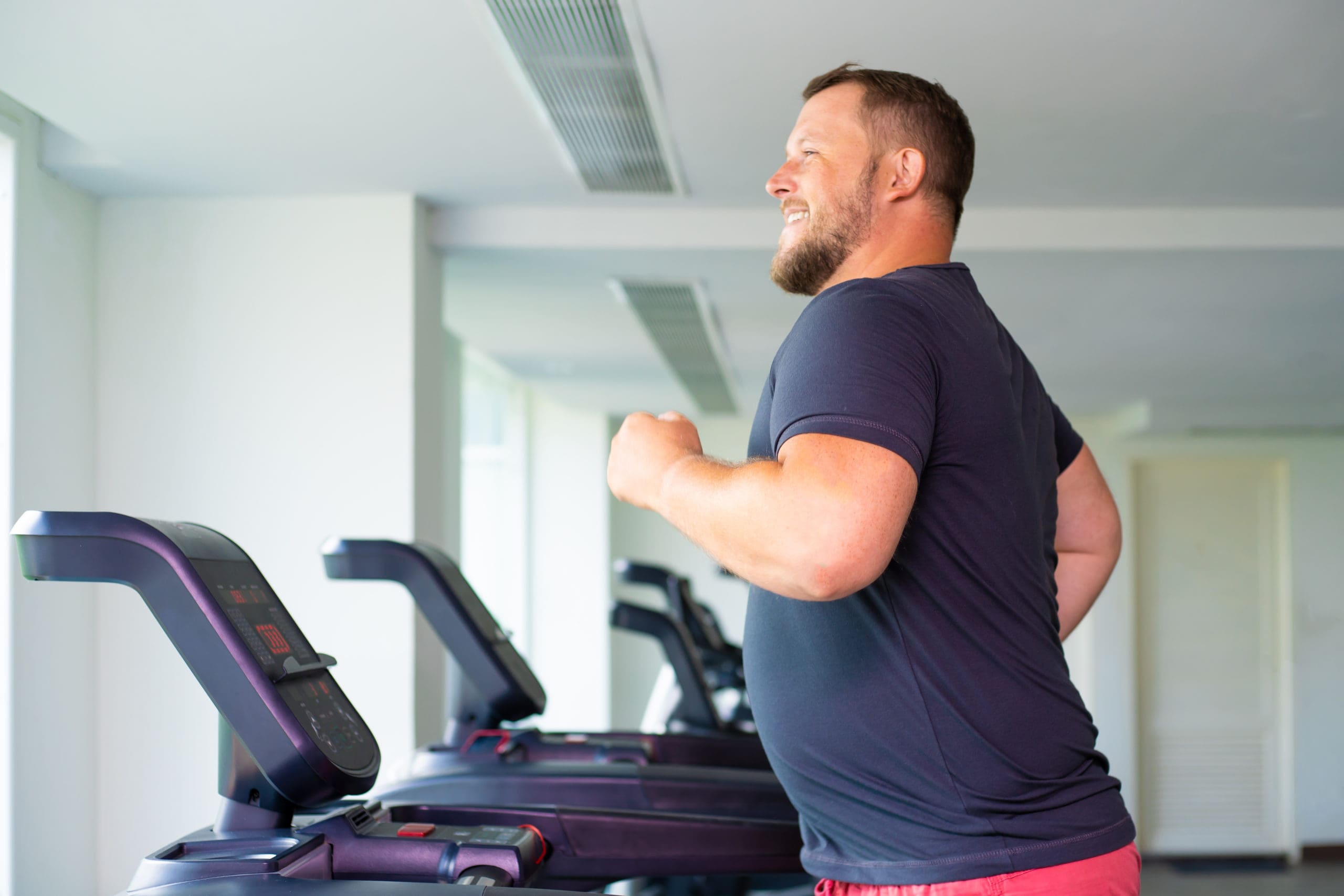
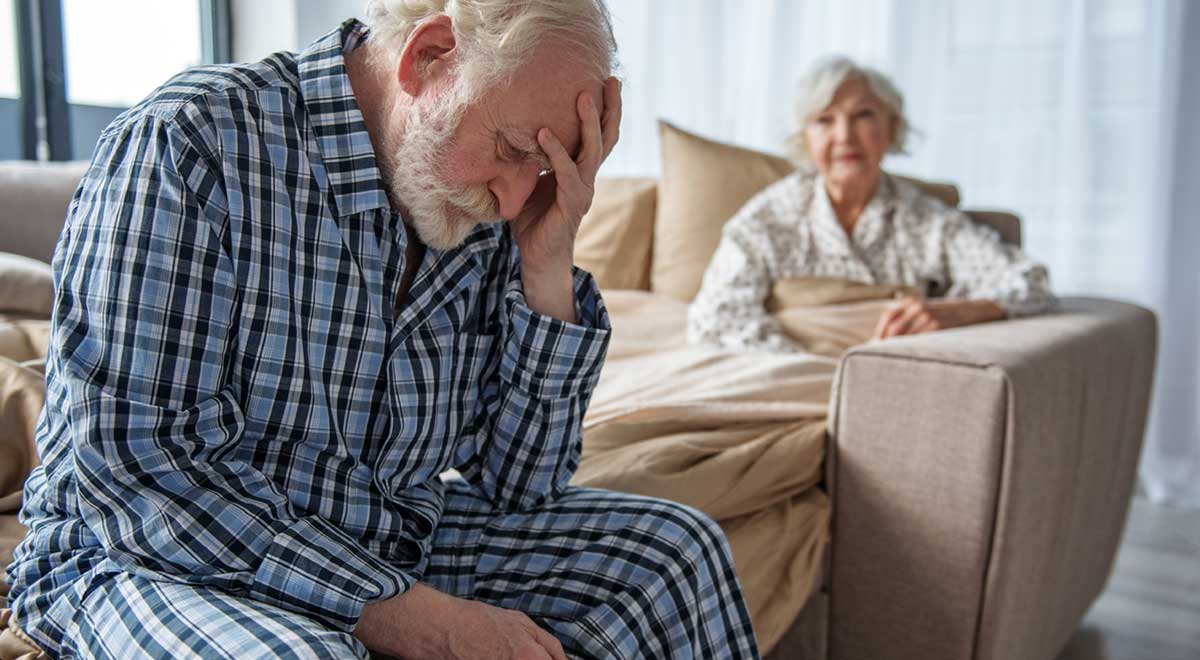
Leave A Comment